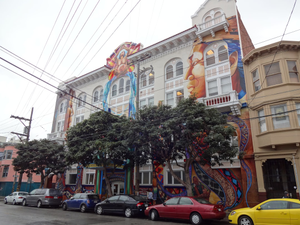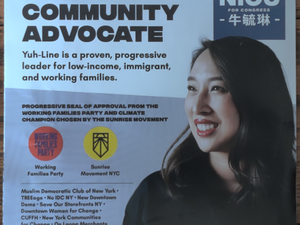Rent Hikes Push Out Local Vegan Restaurant at Saluhall, Highlighting SF's Ongoing Affordability Crisis

Photo by Brett Wharton on Unsplash
The Mid-Market Saluhall food complex is experiencing another significant shift as Casa Borinqueña, a beloved vegan Puerto Rican restaurant, prepares to close its doors on January 1st. Owner Lourdes Nau’s departure underscores the ongoing challenges faced by small local businesses in San Francisco’s competitive culinary landscape.
Since its opening in April 2024, Saluhall has struggled to maintain consistent foot traffic and vendor stability. The food hall, originally launched with a primarily vegan concept, has undergone numerous transformations, including vendor turnover and expanding its culinary offerings to include popular options like the Smish Smash burger pop-up.
Nau revealed that her exit stems from unsuccessful lease negotiations with Ingka, Ikea’s parent company, which recently took over management from U.K.-based Kerb Food. “We were barely making do, and they’re not working with us,” Nau explained, highlighting the proposed rent increases for both base rent and revenue sharing.
The transition marks another chapter in Saluhall’s ongoing challenges, reflecting broader issues of commercial affordability in San Francisco. As the food hall shifts from third-party management to direct Ikea oversight, vendors like Casa Borinqueña find themselves caught in a challenging economic environment.
Filipino fusion restaurant Izzy and Wooks is set to occupy one of the empty kiosks on the second floor, though their exact opening date remains undetermined. This change represents yet another pivot for the dynamic food hall, which continues to adapt to market demands and economic pressures.
For local food lovers and small business advocates, Casa Borinqueña’s departure serves as a poignant reminder of the ongoing struggles faced by independent restaurants in one of America’s most expensive cities. As San Francisco’s culinary landscape continues to evolve, the stories of resilience and challenge remain at the forefront of its dining scene.
AUTHOR: tgc
SOURCE: SF Standard




















































